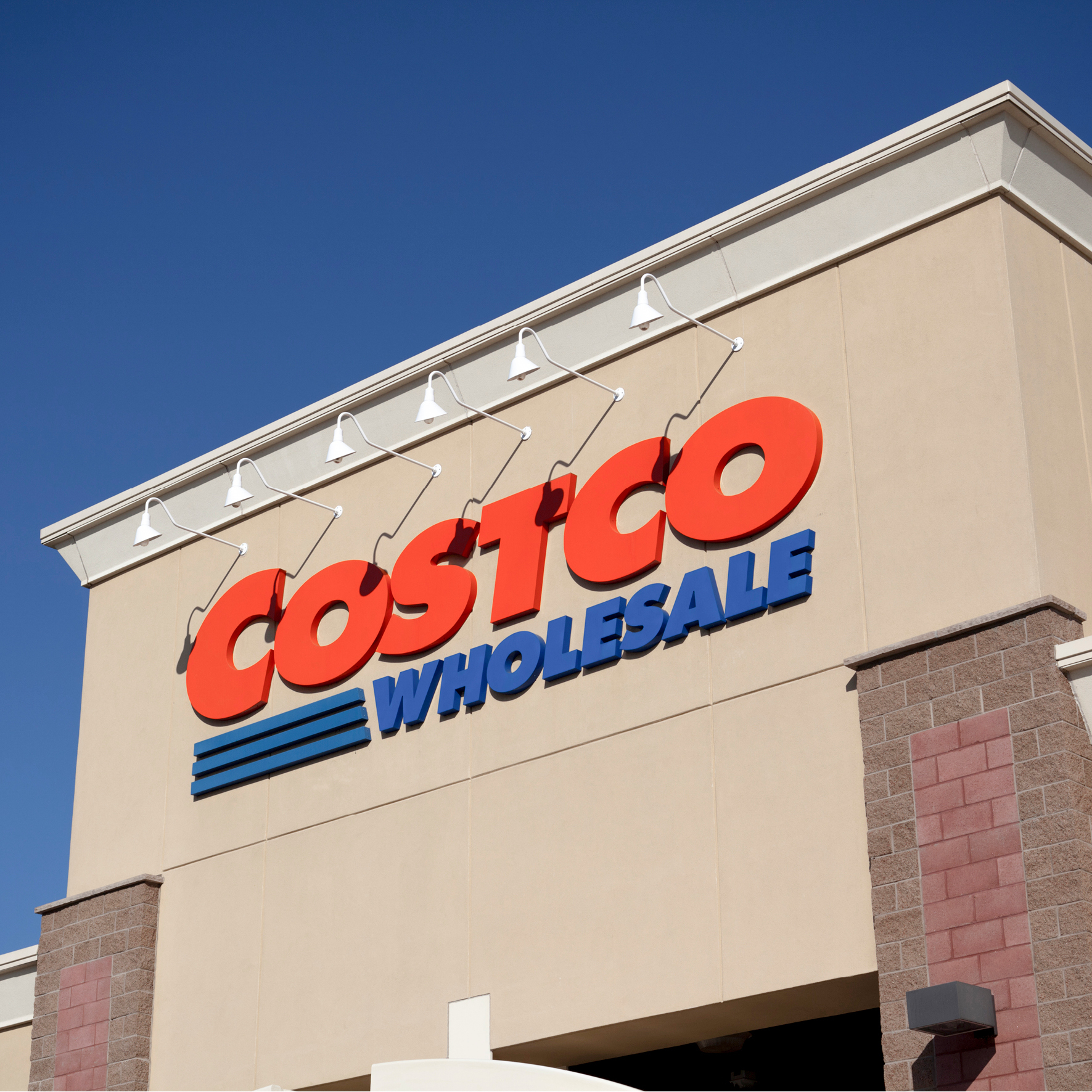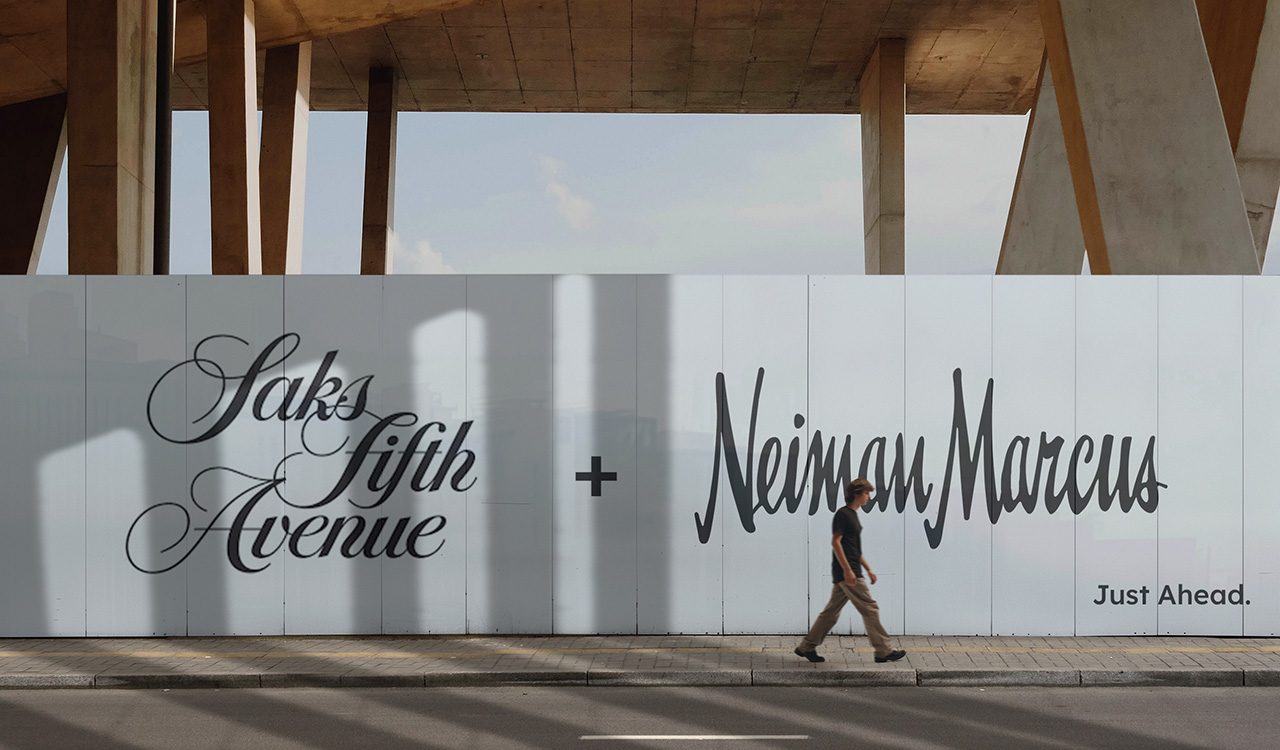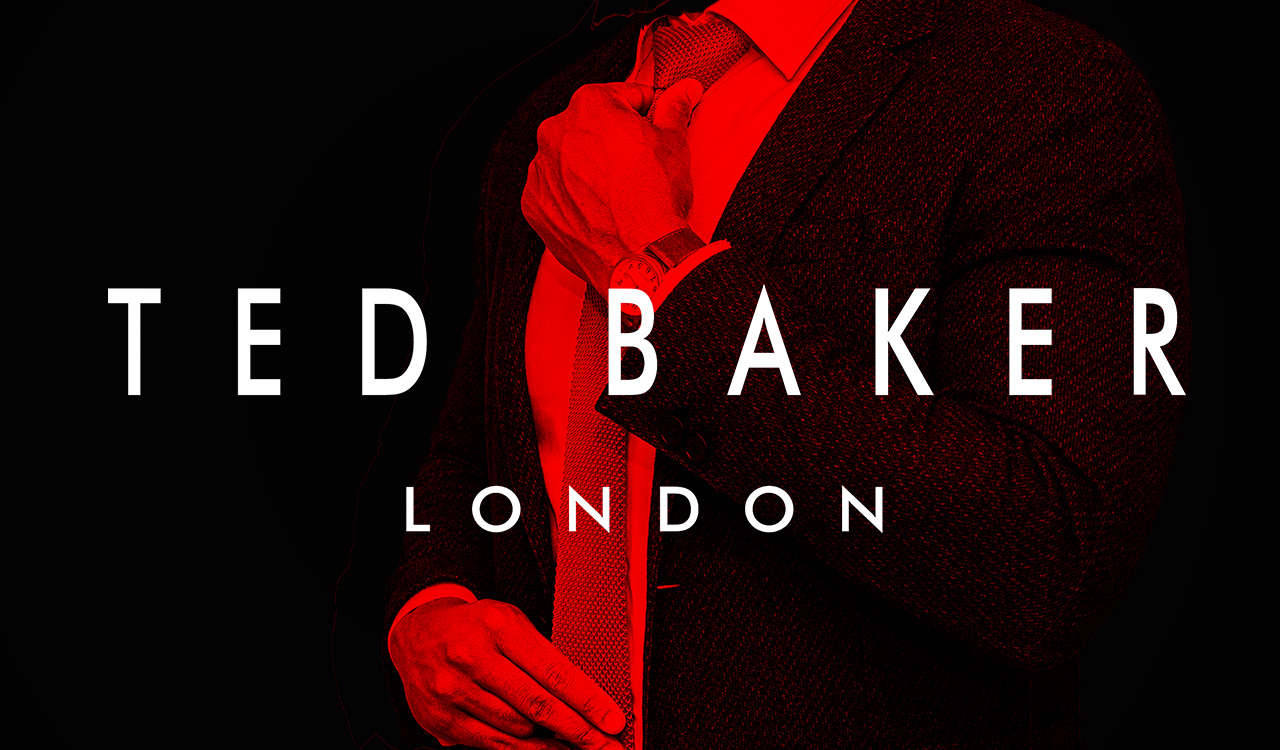It seems like there has been a strong exodus of retail CEOs in 2022, particularly among highly visible retailers including Bed Bath & Beyond, Gap, Sephora, Under Armour, Bath & Body Works, FootLocker, and Kohl’s.
There is no obvious thread that neatly explains such turnover. Certainly, the pandemic has changed the retail landscape, which may well have contributed to some of these departures. We’ve also seen a rise in corporate raiders putting pressure on boards to increase shareholder returns. Often those short-term strategies conflict with the CEO’s long-range vision and strategic plans. This may have been a contributing factor in Michelle Gass’s departure from Kohl’s.
Jelinek wants employees to view Costco as a career rather than a job. “We want people to stay long term, we want people to make higher wages, to afford homes; it’s just the right thing to do.”
According to Craig Rowley, a senior client partner in the consumer sector of consulting firm Korn Ferry. “What it took to be a great CEO in 2015, doesn’t work in 2022 because the world has changed. Consumers buy differently and have different needs, which are constantly changing as we go through the economic transformation.” Perhaps, but I believe there’s more to it.
Merchants , Not CEOs, Minding Merchandise and Customers
Burt Flickinger, the managing director at Strategic Resource Group, has some interesting insights. He faults C-suite executives for spending too little time in their own stores. “The people running the stores are suffering from lack of support, lack of resources, lack of attention,” he says. “The good CEO should be investing 40 percent to 60 percent of their time leading, motivating and getting feedback from the store leaders.” Amen to that.
Then there is the matter of culture, a kind of nebulous term, sometimes perceived with a “warm and fuzzy” sentimentality. I would argue to the contrary, that a strong corporate culture is fundamental. It helps navigate great companies through peaks and valleys, and guide leadership like a clear North Star.
Flickinger’s words rang particularly true when listening to two interviews recently in conjunction with Costco being named Yahoo Finance Company of the Year. The interviews, conducted by Yahoo’s Anchor, Editor-at-large Brian Stozzi were with Costco’s CEO Craig Jelinek and CFO Richard Galanti.
Careers Versus Jobs
Executive turnover has never been an issue at Costco. In fact, Jelinek and Galanti have spent a combined total of 76 years guiding the legendary retailer to the pinnacle of success and category leadership that they hold today.
The December 6th Jelinek interview was just ahead of Costco’s December 8th first-quarter 2023 report. Beyond reflecting on inflationary pressures and the softening of some of the higher end products, they dug into some of the major points of differentiation that has enabled Costco become a best-in-class retailer.
The two executives met at the opening of a new 160,000-square-foot Costco store in Lake Stevens WA. Jelinek reflected on some of their earliest store openings, when generating $150,000 in sales was a great day. By contrast he said, “openings of this type commonly generate $150,000 in sales, hourly.” He celebrates the fact that these openings enable him to get with the employees and the customers which he relishes, even after 38 years with the company.
High Marks from Employees
Costco continues to get high marks from its employees and Jelinek said that their culture hasn’t changed since founders Jim Sinegal and Jeff Brotman founded the company in 1983.
Sinegal believed that if you want to create a good company, you need good people, and you must pay good wages to build loyalty. That contributes to the low turnover at the company. Jelinek noted they want their employees to view Costco as a career rather than a job. “We want people to stay long term, we want people to make higher wages, to afford homes; it’s just the right thing to do.
I found a certain irony in the fact that a low-margin warehouse operator has built a business and culture around those themes. Meanwhile many higher end department store retailers (Macy’s among them) would hardly lay claim to the same mantra.
When asked whether they can find the workers they need, Jelinek noted that it’s certainly harder than it used to be, and the workers are less experienced than in the past. However, what Costco offers in terms of wages, benefits and training has worked well for them.
Low Price Leader
Besides having a very people-centric culture, Costco has always stayed in their own lane. They are a low-price leader, taking a mere 11 percent mark-up on average, and no more than 15 percent, on the private Kirkland Signature brand. The overall average markup for warehouse clubs is 14 percent. By comparison, according to Seeking Alpha, as of 2021, Walmart’s average price markup was 32 percent and Target’s was 46 percent.
Then there is the role of the trusted Kirkland brand, a $58 billion-dollar juggernaut, according to the most recent February 2022 reporting. Based on Costco’s total 2022 revenue of $226 billion, Kirkland and Kirkland Signature represent one-quarter of total Costco revenue. To put that in perspective Nike’s total 2022 revenue was just shy of $47 billion.
Jelinek is particularly proud of Kirkland’s value to its members. Any researcher that digs into the process that Costco goes through in developing their private label brands learns that “best-in-class” quality is as important, if not more so, than the low price in bringing these items to market. The name pays homage to Kirkland, Washington, which was the original location of Costco’s headquarters.
Succession Planning
When 70-year-old Jelinek was asked how long he sees himself in the current CEO position; he laughed and said, “for a while.” Then the subject turned to the likely heir apparent.
In February of this year Costco promoted Ron Vachris to president and chief operating officer. The 56-year-old Vachris, began his career as a store employee at Price Club, the warehouse retailer that Costco acquired in 1993. Ron continued with Costco and by 2010 he joined Costco’s senior executive ranks. According to Stozzi, Vachris possesses the key DNA of the two previous Costco CEOs in that he’s a “strong merchant and very likely to become the next CEO of Costco within the next two years.”
There is an admirable authenticity to Jelinek. When observed at the recent store opening, as he walked through the whole store, he did not appear to be doing it for the cameras, rather greeting employees and customers, as well as getting a feeling for the merchandise. Jelinek has been walking about a half dozen new store openings and plans to open 27 stores including three relocations during fiscal 2023, which began on September 1.
Lessons Learned
Based on Jelinek’s transparent style, I reflected on my experience with Brent Hutton, a career merchant, retailer, and friend with whom I had the great pleasure of working with over the course of two decades. He would often refer to being in the stores and “getting a walking around sense.” I think this is innate to good merchants and retailers.
Perhaps the real return-on-retail-investment requires a return to basics. That includes having leaders who spend more time with their customers, the employees, and the goods. This will not solve all the complex problems of retailing in the age of unified commerce, but it can help from an optics perspective as well as a leadership strength among all stakeholders. It is literally walking the talk.




